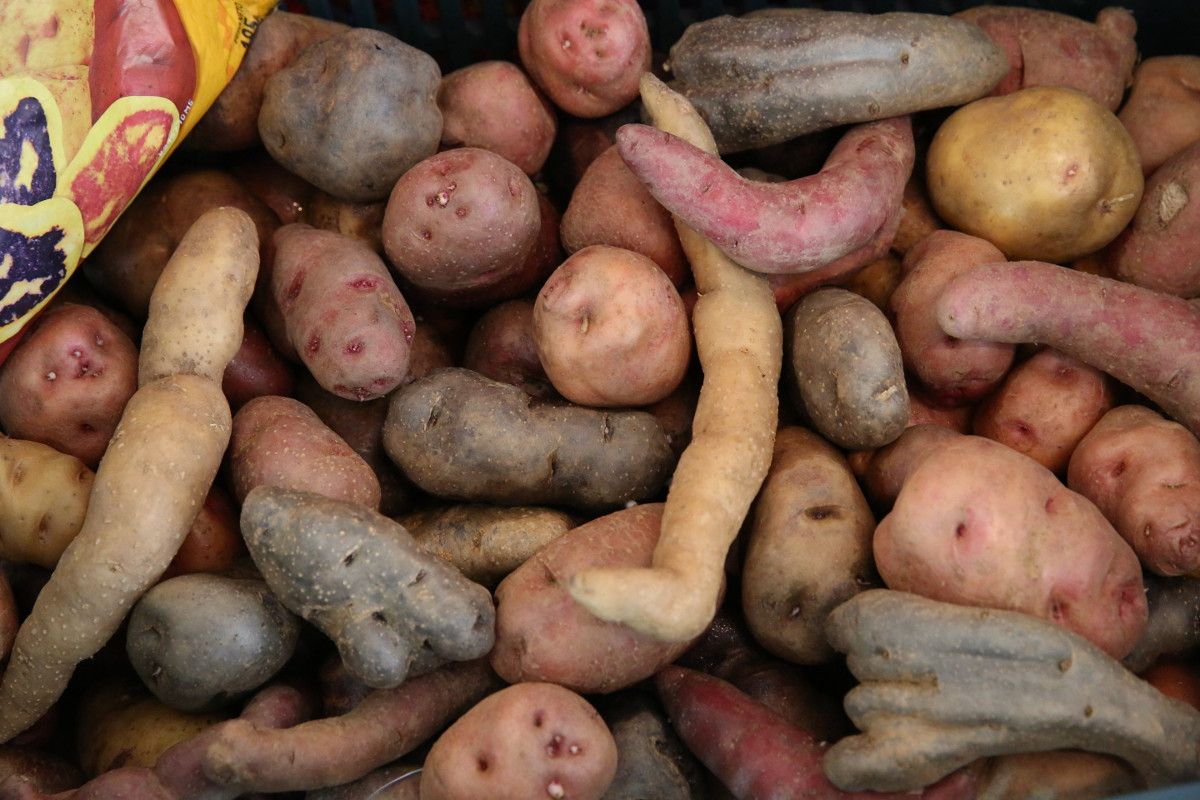An estimated 4,900 low-income people in southern Mexico will receive additional income from forestry activities while reducing GHG emissions in a project financed by the Forest Investment Program and carried out by the Multilateral Investment Fund (MIF), a member of the IDB Group.
The project’s beneficiaries live in ejidos(comunally held lands) and other rural communities in the states of Oaxaca, Yucatan, Quintana Roo, Jalisco, and Campeche, which are among the areas in Mexico experiencing the most extensive loss of forests. The municipalities in these states are primarily poor and 40 percent are considered indigenous.
The project. The Support for Forest-Related Micro- Small- and Medium-scale Enterprises in Ejidos and Communities Project is being financed with a US$1.8 million FIP loan, a US$1.2 million FIP grant, and approximately $3.5 million in grant finance from the Multilateral Investment Fund, a member of the IDB Group. Approvedby the MIF in April 2013, the project was the first private sector operation financed by the FIP.
In the project, some 45 community forest enterprises (CFEs) will receive financing and technical support to carry out activities such as sustainable managed timber extraction, timber processing, aquaculture, agroforestry, organic farming, and beekeeping. The project will be implemented by the Mexican Fund for the Conservation of Nature (FMCN) and FINDECA, afinancial institution that supports the organized rural sector in the southern part of the country.
The project will be carried out on two levels that take into account the technical and managerial capacity of the specific CFEs.
In the first level, FMCN will provide higher-capacity CFEs with technical cooperation that will further improve their qualifications for gaining access to loans from Financiera Nacional de Desarrollo Agropecuario, Rural, Forestal y Pesquero (Financiera), a government agency that provides credit to support rural activities. The Financiera loans will be extended from resources provided by the Financing Low Carbon Strategies in Forest LandscapesProgram, a second FIP operation carried out by the IDB.
In the second level, FMCN will provide technical and financial assistance to lower-capacity CFEs to build their enterprise skills and support them in accessing lines of credit from FINDECA. The credit lines will be financed by the FIP loan. In addition, the project will provide technical assistance to FINDECA to help it diversify its funding sources and client base, and design a currency hedging mechanism.
The project will include specific benchmarks for improving gender equity in forestry activities. It will ensure that the administrative and business development work of women in CFEs is recognized and compensated and that women can equitably access forest credit products.
The project also includes activities to increase knowledge, awareness, and coordination among key stakeholders on the potential role of CFEs in economic development and climate change mitigation. The main knowledge products will be credit product manuals, methodologies, and didactic materials; case studies of innovative elements of the project, including on the role of women; a project website; audiovisual products; fact sheets; and a technical study of the project’s approach, results, challenges, and potential for replication.
Climate change impact. By reducing the rate of deforestation, the project is expected to result in a reduction of 104,903 metric tons of CO2 emissions during its five-year execution period.
Project results. In the project, the CFEs will increase profits for their members by an average of 6 percent to directly benefit 4,900 persons and indirectly benefit 10,680 additional community residents. In so doing, it will address the problem of limited private sector investment in forest MSMEs in Mexico by demonstrating that CFE projects are financially viable and have environmental benefits.
High-priority on forestry. The third highest source of emissions in Mexico is agriculture, forestry, and land use, which represents 16.3 percent of the country’s total emissions. Deforestation rates in Mexico for the period of 2005-2010 averaged 0.24 annually for all types of forests, resulting in the loss of 155,000 hectares per year.
The project is aligned with the IDB’s Country Strategy for Mexico, in particular as regards objectives to increase finance to the agricultural sector and to support the implementation of climate change adaptation and mitigation strategies. The project also supports the Bank’s Climate Change Strategy.
Lessons learned. The project has demonstrated the need to develop a market study at the onset to determine the demand/appetite of potential clients and the reasons―some of them cultural―why they have not received loans from formal banks. In addition, the project has shown that the provision of ad hoc technical assistance is key to the success of the initiative as a whole.


Leave a Reply